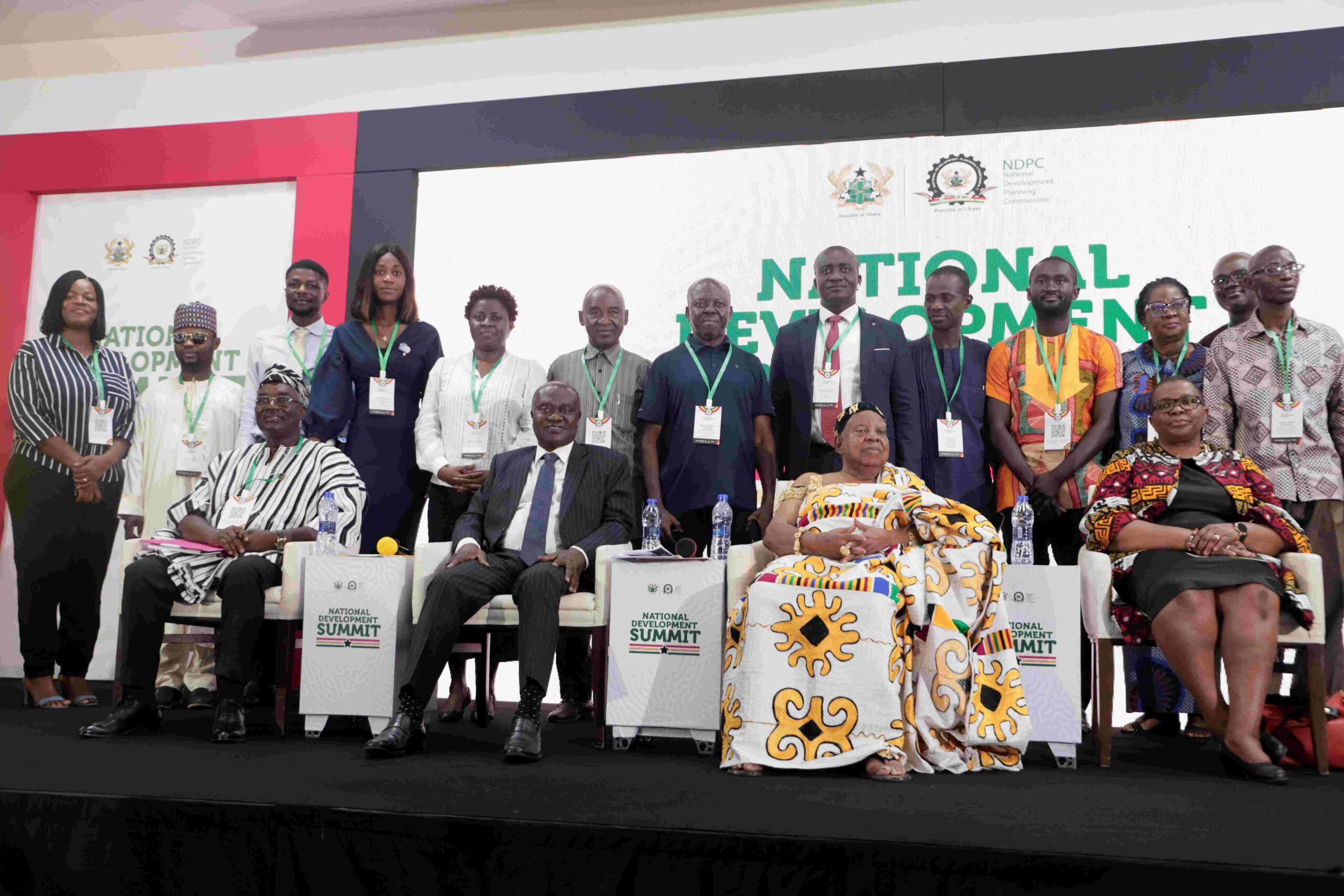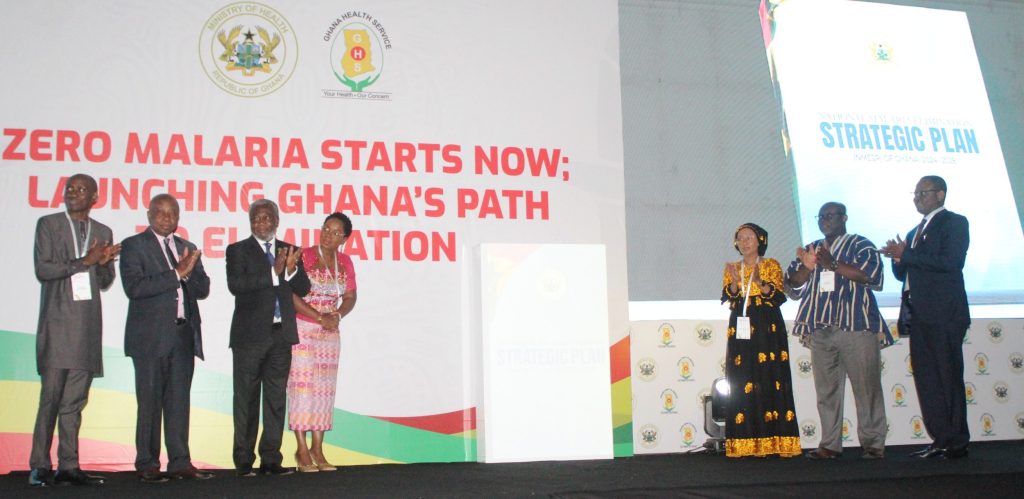
By Joyce Danso, GNA
Accra Oct. 8, GNA – Ghana is expected by the year 2020 to develop an effective National Food Safety Alert System to limit the public health impact on food safety.
The alert system, the first of its kind in Ghana and Africa, would also help stakeholders to detect, assess and manage food safety incidence and emergencies in the country.
To this end, 23 institutions mandated to ensure food safety have converged in Accra to deliberate, provide timely, accurate information to strengthen the nations’ alert system.
Currently, Ghana has a food safety system for consumers. The National Food Safety Alert System is being developed by the International Food Safety Authorities Network (INFOSAN), an International network system in WHO and the Food and Drugs Authority (FDA).
The World Health Organisation (WHO) in 2015 estimated 600- million cases of food borne diseases and 420,000 deaths annually world-wide.
Speaking at the opening of a three-day workshop, Mrs. Delese A.A. Darko, Chief Executive Officer, FDA, said food safety emergencies were increasingly becoming a challenge within countries and globally, as a result of its public health impact and economic implications.
Mrs Darko said it was therefore important to strengthen the national food control system to detect, assess and manage food safety incidents and emergencies.
“Food production and control systems provide a necessary foundation for early warning capabilities and capacity. Strengthening national food control capacity will improve a country’s ability to prevent the escalation of adverse food safety events into possible human illness, out breaks of diseases and improve food trade,” She said.
She said a national food safety alert network consisting of multiple stakeholders and communication channels that foster swift and appropriate response to food safety threats that are identified is what Ghana need.
The CEO of FDA said the focus of food control was shifting away from reactive and end-point testing towards a more integrated risk based management of food production process.
She called for the need to have a sound understanding of those systems to be able to identify the most suitable points in the supply chain for surveillance, including early warning and subsequent actions.
Mrs Darko noted that when National Early Warning Surveillance System identify food safety threat, questions pertaining to the nature of contamination among others could be answered easily and actions taken swiftly.
Dr. Owen Kaluwa, Country Representative, WHO appealed to the participants to take a critical look at international best practices in food safety to guide them in developing the national alert system.
Madam Rukia Yacoub, Country Director, World Food Programme, said food safety was a great concern in Ghana since food supply chain was becoming more complex with the introduction of several new food products.
Madam Yacoub said daily, the risk of food causing public health issues would increase if countries fail to control and manage the food supply chain in a manner that would ensure food safety.
“A food safety alert system where the right people have access to information to act in a timely manner, will be an essential component of the country’s effort to ensure safe food and consequently, food security for the entire population.”
GNA
Read Full Story








Facebook
Twitter
Pinterest
Instagram
Google+
YouTube
LinkedIn
RSS